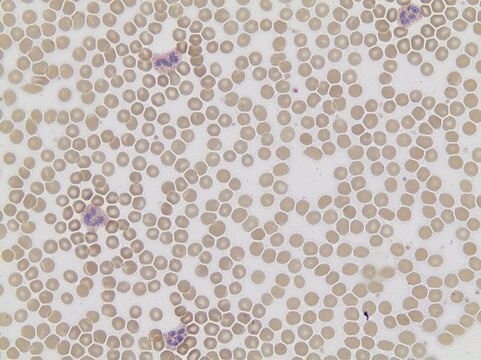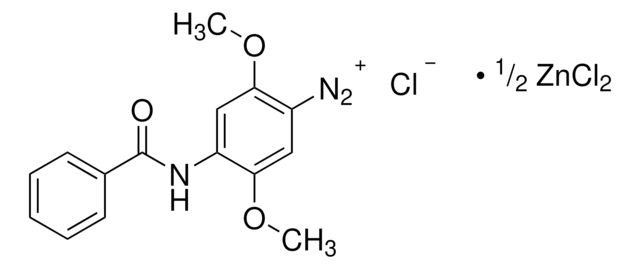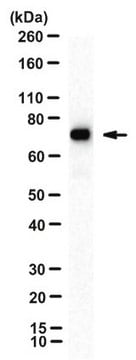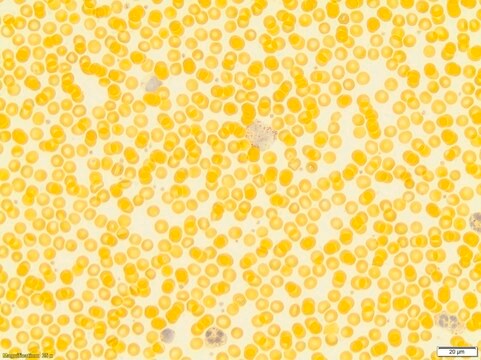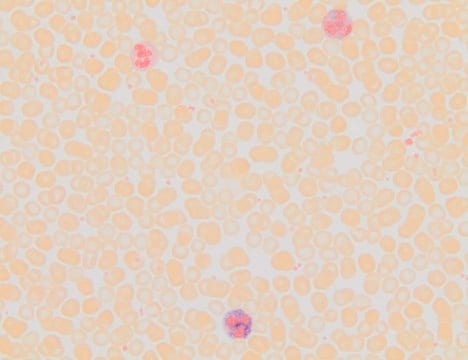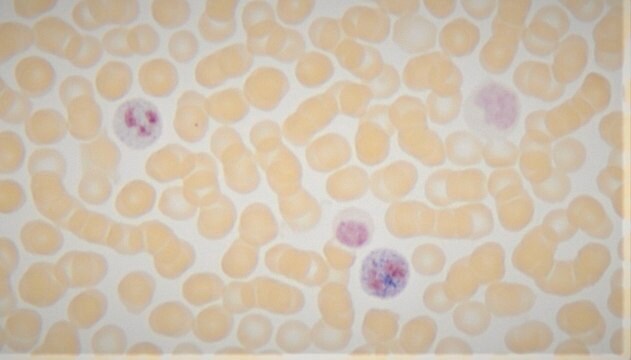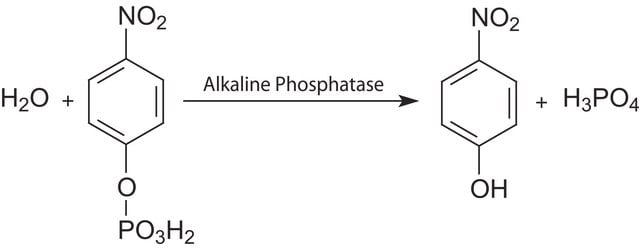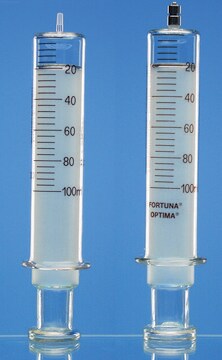17-128
Alkaline/Acid Phosphatase Assay Kit (R-R-A-pS-V-A)
Alkaline/Acid Phosphatase Assay Kit is routinely used to detect phosphatase activity by either dephosphorylation of the phosphopeptide (RRApSVA) or hydrolysis of pNPP.
About This Item
Produits recommandés
Niveau de qualité
Fabricant/nom de marque
Upstate®
Technique(s)
activity assay: suitable (phosphatase)
Méthode de détection
colorimetric
Conditions d'expédition
wet ice
Application
Conditionnement
Composants
Malachite Green Additive (Cat.# 20-104)
Phosphate Standard (Cat.# 20-103)
Serine Phosphopeptide (RRApSVA) (Cat.# 12-220)
pNPP (p-Nitrophenyl Phosphate) (Cat.# 20-106)
NiCl2, 40mM (Cat.# 20-178)
pNPP Ser/Thr Assay Buffer (Cat.# 20-179)
96-well microtiter plate
Qualité
Informations légales
Clause de non-responsabilité
Mention d'avertissement
Danger
Mentions de danger
Conseils de prudence
Classification des risques
Aquatic Chronic 3 - Carc. 1A Inhalation - Met. Corr. 1 - Repr. 1B - Skin Sens. 1 - STOT RE 2
Organes cibles
Lungs
Code de la classe de stockage
6.1D - Non-combustible acute toxic Cat.3 / toxic hazardous materials or hazardous materials causing chronic effects
Classe de danger pour l'eau (WGK)
WGK 3
Certificats d'analyse (COA)
Recherchez un Certificats d'analyse (COA) en saisissant le numéro de lot du produit. Les numéros de lot figurent sur l'étiquette du produit après les mots "Lot" ou "Batch".
Déjà en possession de ce produit ?
Retrouvez la documentation relative aux produits que vous avez récemment achetés dans la Bibliothèque de documents.
Les clients ont également consulté
Notre équipe de scientifiques dispose d'une expérience dans tous les secteurs de la recherche, notamment en sciences de la vie, science des matériaux, synthèse chimique, chromatographie, analyse et dans de nombreux autres domaines..
Contacter notre Service technique

